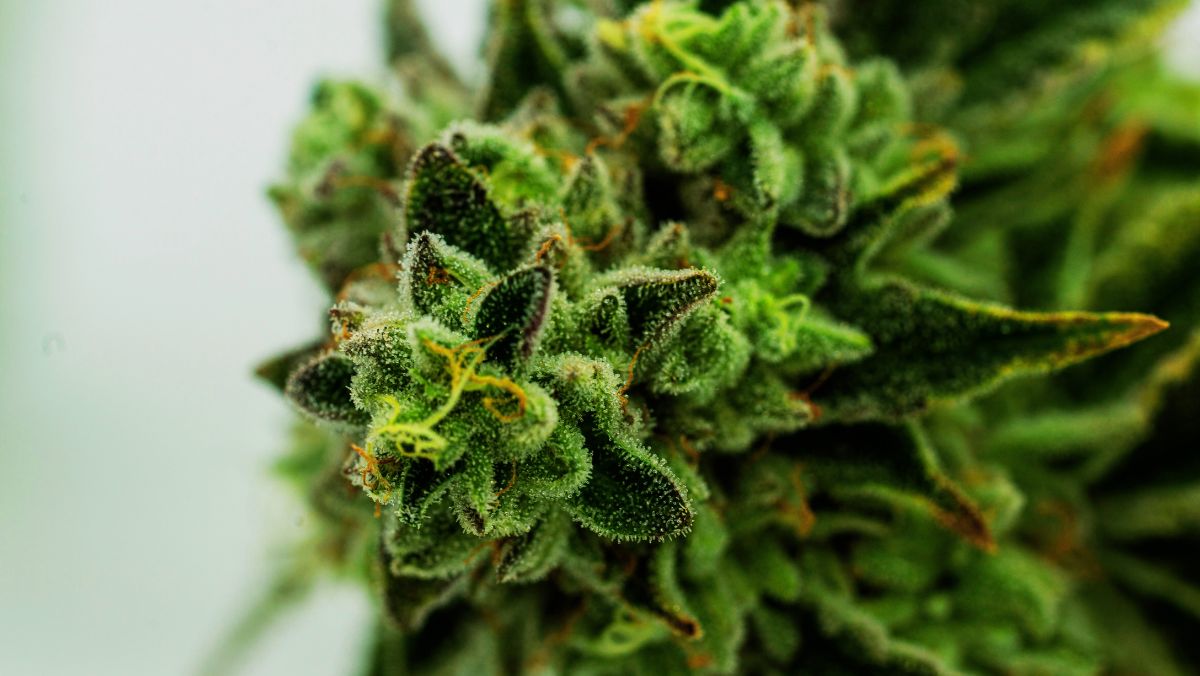Edibles are a delicious way to reap the sustained therapeutic benefits of cannabinoids. For many people, edibles are also their first foray into this healing plant medicine. In regulated markets, consumers and patients can find high-quality, reliable consumables.
But before legalization, edibles gained a reputation for being notoriously unpredictable in their potency -- a reputation they still struggle to shake. At ACS, we believe homogeneity testing is the answer.
Homogeneity Testing
The good news is today, most cannabis products sold at licensed medical treatment centers must pass homogeneity testing before they’re legally eligible for sale.
Homogeneity tests ensure that every edible contains a consistent amount of THC throughout the product so patients can feel confident they’re taking the correct dosage. But unlike medical cannabis, most US states do not require homogeneity testing for adult-use (recreational) products.
Why is Homogeneity Testing Important?
An even distribution of THC throughout edibles is crucial so people can control the number of cannabinoids they consume. When a product is non-homogenous, someone could split a 30 mg cookie in half and theoretically consume 25 milligrams in one half and 5 milligrams in the other half instead of 15 and 15 as expected. That is a massive difference for people who are sensitive to THC.
Patients expect consistent dosing. Whether they are eating a whole serving or a fraction of a serving, they want to know that they are getting the amount of the cannabinoids the label claims. Uneven cannabinoid distribution can cause adverse effects, especially for THC-based products.
Conversely, it can also cause consumers to experience a lack of effects and not receive the relief they need. These situations can be dangerous, disappointing, and lead to mistrust in particular brands or the industry as a whole.
According to ACS’s Dr. Xueli Gao,PH.D., DABT Toxicologists, inconsistent THC distribution in edibles is more common than most people think.
“It is very common. About 10-20% of products tested don’t have consistent concentrations across the products, so it’s recommended to perform the test,” says Xueli.
How are Homogeneity Tests Conducted?
At ACS, we conduct Homogeneity tests by breaking an edible into multiple pieces. Every piece is then individually extracted and analyzed for the cannabinoid profile and content. Finally, we compare the results of three parts that make up the edible to confirm the blending protocol is sufficient.
When products fail homogeneity tests, the results allow our team to work with the brand to pinpoint issues with their manufacturing process and help identify areas for improvement. This allows the brand to adjust its operations to produce consistent edibles that consumers can trust.
If you’d like more information about edibles testing, including homogeneity, ACS can help. Contact us today, and we’ll be happy to answer all your questions.









.png)




.png)
.png)
.png)
.png)